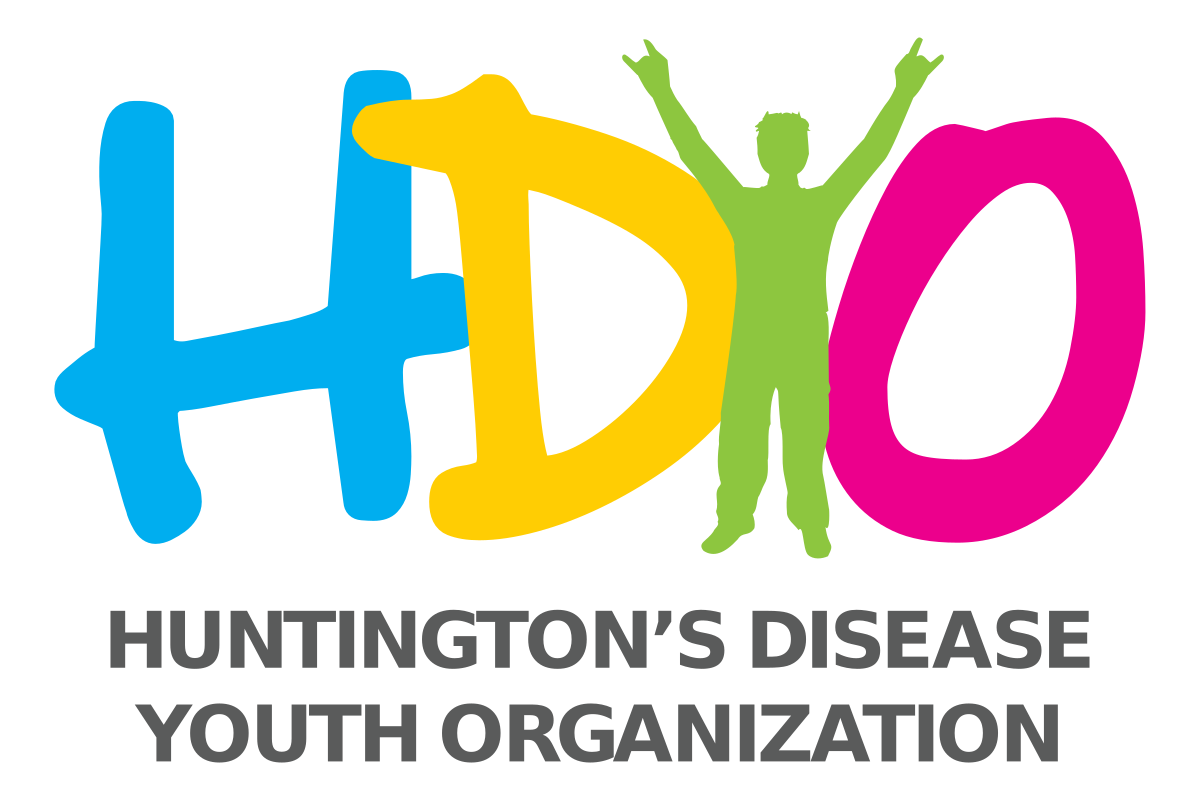Caregiver Burnout Toolbox
October 25, 2025

HDYO has more information about HD available for young people, parents and professionals on our site:
www.hdyo.org
*Reviewed by Education and Research Committees 2025
Caregiving is a journey that combines love, responsibility, and resilience. For those supporting someone impacted by Huntington’s Disease (HD), the role can be both deeply meaningful and incredibly demanding. Many caregivers quickly discover that while they are providing care to a loved one, their own needs can easily fade into the background. This article is designed as a practical “toolbox”. Think of it as a collection of strategies you can pick up, try out and adapt to fit your life. Whether you’re just beginning your caregiving role, or have been walking this road for years, these tools are here to help you manage your own well-being, while continuing to support your loved one with compassion.
The Universal Challenge Of Caregiver Burnout
Caregiving for a loved one impacted by HD is an act of deep compassion, but it can be incredibly demanding. While we often think of caregivers as primary family members, the role can be filled by anyone: a friend, a neighbor, or even a young person taking on new responsibilities. These individuals are also referred to as care partners or support partners. Regardless of who is filling the role, caregivers worldwide face a high risk of burnout (a state of physical, emotional and mental exhaustion).
Burnout doesn’t happen overnight. Typically, burnout results from an accumulation of many factors, such as mounting stress and emotional strain. The impact of burnout can be serious. Caregivers may feel drained, resentful, or isolated. The quality of care that the caregiver provides may suffer as a result.
Recognizing that burnout is a universal challenge is important. You are not alone in this experience, and there are proven ways to manage it. The following sections offer strategies and tools to help you set boundaries, care for yourself, and build a support system that makes caregiving sustainable.
Strategy One - Setting Boundaries To Protect Yourself
Establishing clear boundaries is a vital act of self-preservation, not selfishness. Without them, the demands of caregiving can quickly become overwhelming. By setting limits, you protect your energy and ensure you can continue to provide quality care.
Practice Saying "No": Learning to say "no" is one of the most powerful tools in your kit. Be clear about what you can and cannot take on. This doesn't have to be a harsh refusal. It can be a simple, "I can't do that right now, but I might be able to help with something else later," or "My plate is full, but thank you for thinking of me".
Establish A Respite Plan: Respite (regularly scheduled breaks) is non-negotiable for preventing burnout. It is crucial to make time for yourself to rest and recharge. This will enable you to return to your caregiving role with renewed energy. Identify reliable helpers from your support network. These can include friends, family, professional home care, or community organizations. Work together to create a simple plan for coverage during your breaks, ensuring you can step away without worry.
Delegate & Release Control: You don't have to do it all yourself. Share tasks with others. This can be asking someone to help drive to an appointment or do some grocery shopping. Another way to ask others for help is requesting they call to talk with your loved one or meet for a cup of tea or coffee.
Learn to accept “good enough” care instead of striving for perfection. When you delegate, you're not only lightening your load but also allowing others to contribute meaningfully and show their support.
Strategy Two - Finding Moments Of Rest & Renewal
In the demanding world of caregiving, taking long breaks might feel impossible. But recharging doesn't mean a week-long vacation. Finding moments of rest and renewal is about intentionally weaving short, powerful breaks into your daily routine. By doing so, you can replenish your energy and return to your caregiving role with a calmer, more present mindset.
Embrace "Micro-Breaks": Even a few minutes of rest can make a difference. These are small, deliberate pauses that allow you to step away mentally and emotionally. Try taking a quick 10-minute walk around the block, listening to a favorite song with your eyes closed, or doing a simple breathing exercise. The goal is to create a small pocket of time that is just for you; a reset button for your mind and body.
Cultivate a Hobby or Interest: What brings you joy outside of caregiving? Reconnecting with a hobby or interest you love is a powerful way to nourish your soul. Whether it's reading a novel, painting, gardening, or playing a musical instrument, engaging in an activity that has nothing to do with caregiving reminds you of who you are beyond your role. These moments of personal expression and enjoyment are essential for maintaining your sense of self.
Prioritize Physical Health: Your physical well-being is the foundation of your emotional resilience. When you're running on empty, everything feels harder. Focus on the basics: nutrition, sleep, and exercise. Try to eat regular, nourishing meals, even if they're simple. Prioritize getting enough sleep, as it's crucial for managing stress. Strive to include some form of movement in your day. This can be stretching, doing yoga, or taking a walk. These simple acts of self-care can provide the strength you need to handle the daily challenges of caregiving.
Strategy Three - Managing The Emotional & Mental Toll
Caregiving for someone impacted by HD involves a complex mix of emotions. You may feel deep love and compassion, but also frustration, grief, and guilt. Learning to navigate this emotional landscape is a critical part of preventing burnout. You don't have to carry these feelings alone. Understanding them and reaching out for help is a sign of strength, not weakness.
Normalize Feelings of Guilt and Grief: It's common for caregivers to feel a sense of loss as they watch a loved one's condition progress. You might grieve the person they once were, the future you imagined, or even your own life before caregiving. You may feel frustrated or angry, only to be followed by waves of guilt for feeling this way. It's important to understand that these feelings are normal reactions to a difficult situation. Instead of judging yourself, practice accepting your emotions without judgment. Acknowledging what you feel is the first step toward managing it.
Connect with a Support System: Isolation is a major contributor to caregiver burnout. It's easy to feel like no one understands what you're going through, but you are not alone. Actively connect with a support system. If local support resources are available, joining a peer support group, whether in-person or online, can be helpful. You might find a community of people who share your experiences and can offer advice and empathy. In addition, don't be afraid to confide in trusted friends and family members. Even a short phone call or an honest conversation can help lighten your load.
Practice Self-Compassion: Self-criticism is a common and damaging habit among caregivers. You might blame yourself for not doing enough or for having strong, negative feelings. Practice shifting from self-criticism to self-kindness. Try a simple exercise, like writing a compassionate letter to yourself, as you would to a dear friend. Use affirmations to remind yourself of your strength and resilience. Acknowledge that you are doing the best you can in an incredibly challenging role. Remember to treat yourself with the same care and understanding you give to your loved one.
Conclusion
This caregiver toolbox is designed to be a collection of resources you can continually return to. While the journey of caring for a loved one affected by HD can be profoundly difficult, it doesn't have to lead to burnout. By setting boundaries, finding moments of rest and managing the emotional toll, you can sustain your own strength and find moments of joy and connection along the way.
Remember, taking care of yourself is not a luxury; it's a necessity. When you prioritize your own well-being, you not only empower yourself to manage stress and avoid burnout, but you also strengthen the entire family unit. With the right strategies and a compassionate support system, you can continue to walk this path with resilience and hope.



